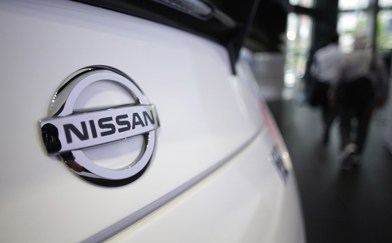Following the introduction of rebates for Electric Vehicles staring this month (up to $8625 for a brand-new Battery Electric Vehicle), the Government has announced that the EV exemption from Road User Charges (RUC) will be extended until 31 March 2024.
This means that EV drivers are in effect excused from making any contribution to the upkeep and maintenance of New Zealand roads. RUCs are usually applied to non-petrol vehicles with the money going into a fund for the "improvement, operation and maintenance of our land transport network," says the Government.
RUCs for light diesel vehicles, for example, are paid separately at the rate of $76 per 1000km. The EV exemption means another potential saving of $1520 per year for a motorist travelling 20,000km annually in a BEV. PHEV owners will still be paying a portion, though: there's a Petrol Excise Duty (PED) of 70.024 cents in every litre sold at the pump that goes into the same fund.
The EV RUC exemption was introduced back in 2016 by the National Government as part of its ambitious Electric Vehicles Programme. It was originally scheduled to end in 2021, when the goal of 64,000 EVs on the road had been reached (there are currently just under 28,000 NZ-new and used-import EVs registered).
EV lobby group Drive Electric has welcomed the extension.
"While the Clean Car Discount applies to EVs bought after 1 July, the RUC exemption applies to all owners of EVs," says Drive Electric chair Mark Gilbert (pictured below, centre), who participated in DRIVEN's recent Clean Car panel with Transport Minister Michael Wood.
However, the group isn't in favour of the exemption being permanent: "Drive Electric has advocated for a short-term extension. However, as EVs inevitably become a larger share of our national fleet, we will need to consider how we fund future roads and maintenance. Therefore we support the extension being temporary, and can be re-assessed as necessary."





